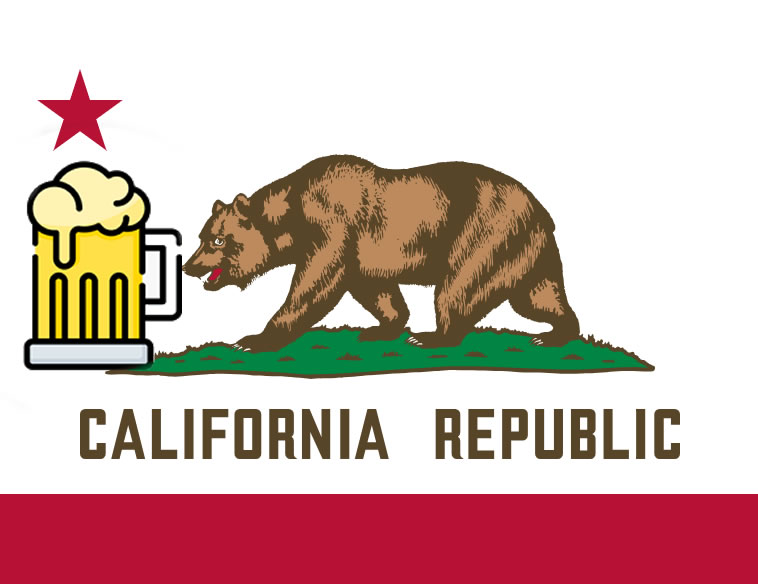Compliance Checklist for California Liquor License Holders
Owning a liquor license in California is a valuable privilege, but it comes with responsibilities. Staying compliant with state regulations is essential to avoid fines, suspensions, or worse—losing your license. To help you stay on track, here’s a practical compliance checklist tailored for California liquor license holders.
Display Your License Properly
The Alcohol Beverage Control (ABC) requires that your liquor license be displayed prominently. It must be easy for customers and inspectors to see.
This might sound simple, but failing to display your license can result in fines. Ensure it’s posted in a visible area at all times.
Verify Customer Ages
Selling alcohol to anyone under 21 is illegal. It’s one of the most common and costly mistakes license holders make.
Train your staff to check IDs every time. Use tools like ID scanners for accuracy. If there’s any doubt about the validity of an ID, refuse the sale.
Know Your Hours of Sale
California law restricts alcohol sales between 2 a.m. and 6 a.m. Operating outside these hours can lead to violations.
Make sure your employees are aware of these limits. Adjust your business operations accordingly to avoid unintentional breaches.
Keep Up with Tax Obligations
Unpaid taxes are a major reason licenses get suspended or revoked. Regularly file and pay your sales and alcohol taxes on time.
Work with a tax professional to ensure compliance. Falling behind on taxes could jeopardize your business.
Monitor Zoning Laws
Zoning issues can arise even after your license is approved. For example, if a school or church opens near your business, local zoning restrictions may change.
Stay informed about zoning updates in your area. Consulting with an ABC Consultant or Liquor License Consultant can help you address zoning concerns proactively.
Avoid Over-Serving Customers
California has strict Dram Shop Laws. If you serve alcohol to an obviously intoxicated person who then causes harm, your business could be held liable.
Train staff to recognize signs of intoxication. Establish clear policies for cutting off service to impaired customers.
Renew Your License on Time
Liquor licenses must be renewed annually. Missing your renewal deadline could result in penalties or require you to reapply altogether.
Mark your calendar with renewal dates. Start the process early to account for any unexpected delays.
Be Prepared for Inspections
The ABC conducts routine inspections to ensure compliance. Be prepared for inspectors to review your operations, records, and premises.
Keep detailed records of all alcohol purchases and sales. Make sure your storage and serving areas meet ABC standards.
Temporary and Transferred Licenses
If you’re operating under a Temporary Liquor License, understand its limits. These licenses are often issued during ownership transfers or while awaiting final approval.
A Liquor License Consultant can guide you through the transition from a temporary license to a permanent one. They’ll ensure all documentation and requirements are in order.
Stay Updated on State Regulations
California liquor laws can change. For instance, limited licenses in high-demand areas may be subject to a Liquor Lottery.
Follow updates from the ABC to stay informed. Industry professionals like an ABC Consultant can also help you navigate regulatory changes.
Invest in Staff Training
Your employees play a key role in maintaining compliance. Regular training on alcohol laws and responsible service practices is essential.
Use ABC-certified training programs to ensure your staff is well-prepared. This investment can save your business from costly mistakes.
Keep Compliance a Priority
The cost of a liquor license is a significant investment. Protect that investment by following the rules and staying proactive. Compliance is an ongoing process, not a one-time task.
With proper preparation, training, and expert guidance, you can avoid fines and focus on running a successful business. The effort you put into compliance today will pay off in the long run.


